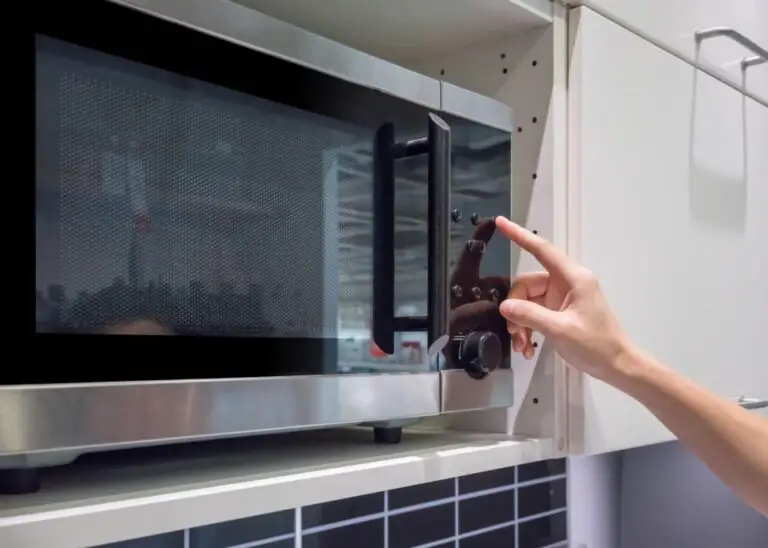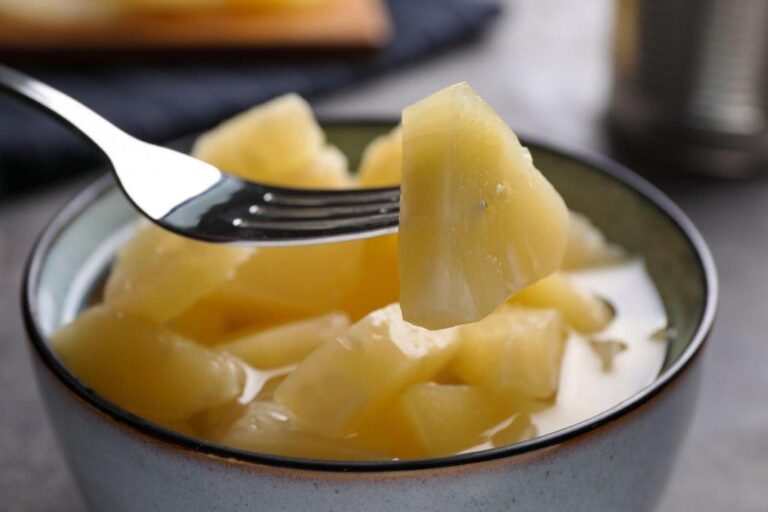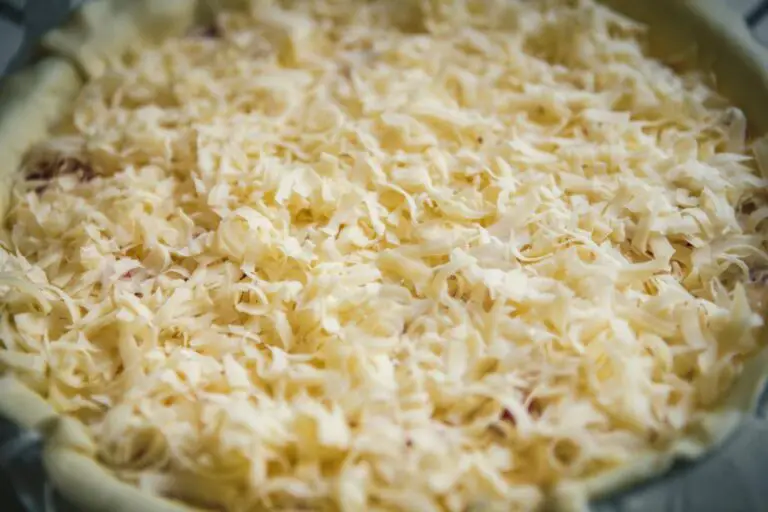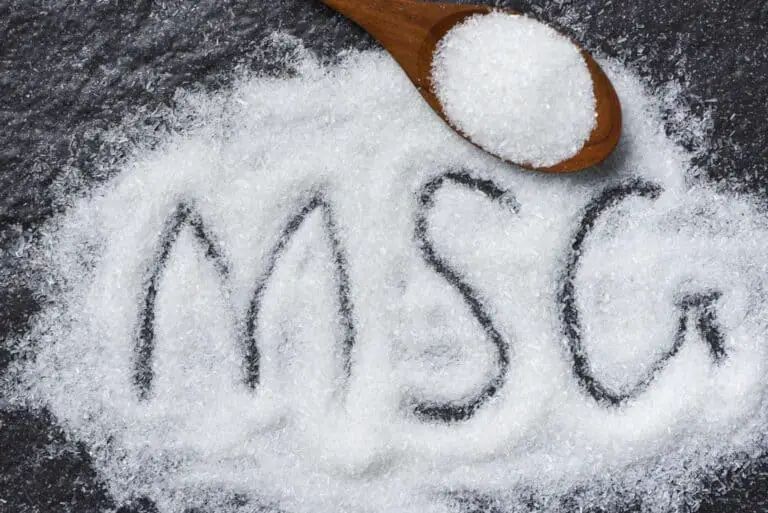Can You Eat Basil Seeds Without Soaking? Is It Safe and Healthy?
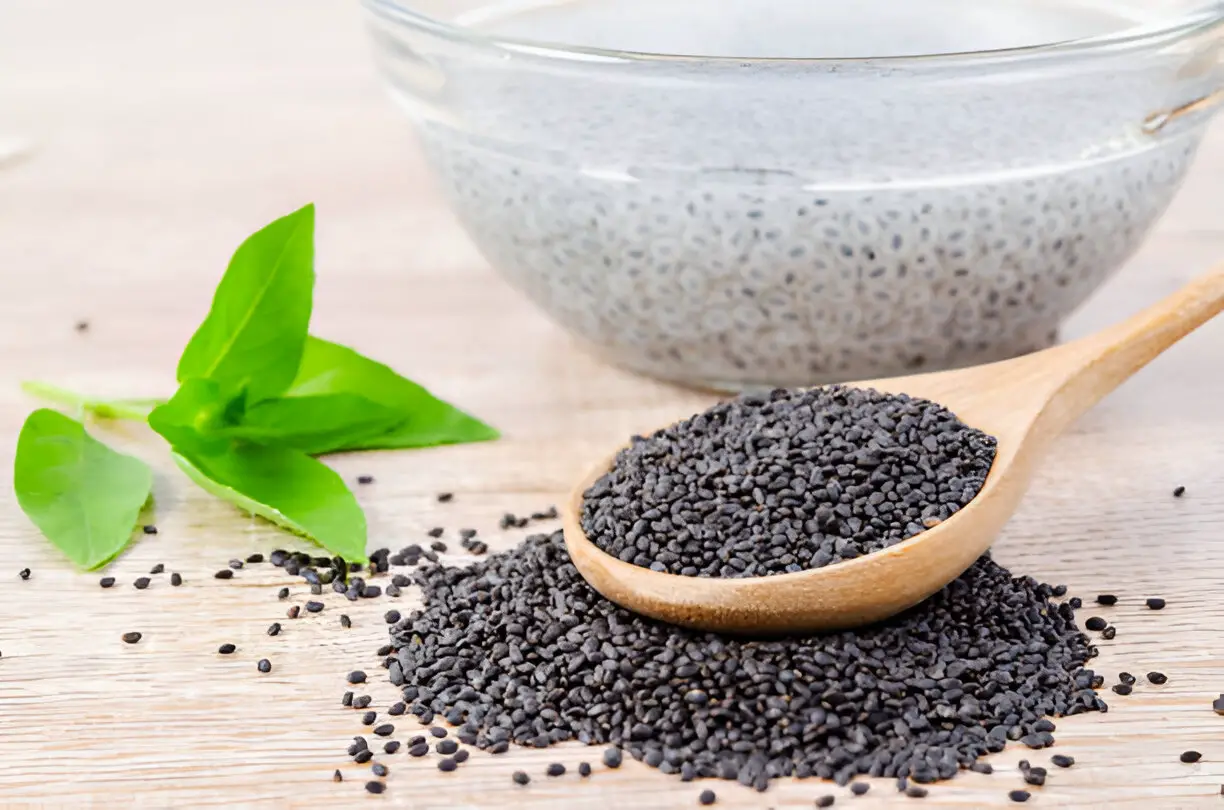
Basil seeds, less known than chia seeds, are gaining popularity in health circles and cuisines. These tiny black seeds are packed with nutrients and have been used in traditional medicine for centuries. They’re commonly soaked before consumption to unlock their full potential, but is soaking necessary? What happens if you skip this step?
Have you ever wondered if you could skip the soaking process and enjoy basil seeds as they are? The convenience might be tempting, especially if you’re short on time or simply curious about the taste and texture of dry seeds. But is it safe to eat them without soaking, and does it affect their health benefits?
In this article, we’ll explore the safety and nutritional implications of eating basil seeds without soaking them first. By the end, you’ll have a clear understanding of whether it’s a good idea or if you should stick to the traditional method for the best results.
Overview of Basil Seeds
Basil seeds have been making a name for themselves in various global cuisines. These tiny, black seeds, also known as sabja or tukmaria, are prized for their nutty flavor and unique texture in drinks and desserts. In many cultures, basil seeds are a staple in traditional recipes. They add nutrition and a nice look to dishes.
Basil seeds are popular now. People love their cooking uses and health benefits. Rich in fiber, these seeds aid in digestion and can help you feel fuller for longer, making them a great addition to a balanced diet.
Can You Eat Basil Seeds Without Soaking Them?
Yes, you can eat basil seeds without soaking them, but it is not easy to chew them, so this is why it is preferred to soak them before your consumption.
Basil seeds come from a variant of basil known as sweet basil (Ocimum bascilicum), which is native to the tropical regions of Africa and Asia. Basil seeds are also called Sabja seeds or Tukmaria, are black seeds that look a lot like chia seeds and offer immense health benefits.
Soaked vs. Dried Basil Seeds: Which Is Better?
When choosing between soaked and dried basil seeds, note their different nutritional benefits and digestive effects.
Soaking basil seeds unlocks their full potential. It makes nutrients easier to absorb. This process also softens the seeds. It makes them tastier and easier to digest. This is helpful for those with sensitive stomachs.
On the other hand, dried basil seeds offer a more concentrated form of nutrition but can be harder to digest.
The choice between soaked and dried seeds often comes down to personal preference. Some people enjoy the jelly-like texture of soaked basil seeds. They like it in drinks and desserts. Some may prefer the crunch and convenience of using them dry. They can be sprinkled on salads or yogurt for a nutritional boost.
What Are Some Nutrition Facts About Basil Seeds?
Basil seeds are very low in calories, making them the most desired ingredient for those on a weight loss diet. Though rich in carbohydrates, these little seeds provide a high amount of protein, fiber, and other necessary nutrients.
Let’s see what we can find in 100g of basil seeds.
| Compound | Amount |
| Protein | 14.8 g |
| Lipids | 13.8 g |
| Carbohydrates | 63.8 g |
| Fiber | 22.6 g |
The main minerals contained in 100 g of basil seeds are:
| Compound | Amount |
| Iron | 2.27 mg |
| Magnesium | 31.55 mg |
| Zinc | 1.58 mg |
Vitamin E is one of the main components of the basil seeds, helps in improving vision, can slow down signs of premature aging and serves as a potent antioxidant, when soaked in water.
| Check out: Can You Eat Almonds Without Soaking Them? |
What Are Some Benefits of Eating Basil Seeds?
Basil seeds are high in dietary fiber.
One of fiber’s many health benefits is that it helps relieve or prevent constipation. Some studies suggest that pectin may be a prebiotic. It may nourish and increase beneficial gut bacteria.
Fiber may also be beneficial for people aiming to manage their weight. A diet with adequate amounts of fiber can prolong the feeling of fullness after eating.
Basil seeds are loaded with protein.
These seeds are a natural and vegetarian source of protein, with a whopping 20% for every 100 grams. Eat these seeds daily. They will strengthen your bones, muscles, and skin. They will also boost enzyme and hormone production for better body function.
Basil seeds are a source of Omega-3 fat
Alpha-linolenic acid (ALA) is the omega 3 found mostly in such seeds. The body primarily uses ALA to produce energy. It may reduce inflammation and lower your risk of some diseases, like heart disease and type 2 diabetes.
How to Include Basil Seeds in a Diet?
Soaked basil seeds have a gelatinous texture. This makes them easy to add to drinks and desserts, and to eat. The seeds get a better texture for swallowing.
To add basil seeds to a dish, people can start by soaking them in water for between 30 minutes and 2 hours before straining off the water. As the seeds swell, they approximately triple in size.
Additionally, the gel-like outer portion turns gray. The center of a soaked basil seed remains black. This part has a light crunch when you chew it, similar to tapioca.
After straining, you can mix the seeds into, or use them to top, cold desserts, smoothies, milkshakes, lemonade, yogurt, or oatmeal.
Here you can read a recipe for how to use basil seeds in a delicious drink.
| Also read: Can You Eat Chia Seeds Without Soaking? |
Do Basil Seeds Safe and Healthy?
The high fiber content may cause digestive side effects like bloating. It is suggested to increase fiber intake gradually to give your gut time to adjust, and do not forget to drink water throughout the day.
Also, if you eat a lot of basil seeds, it may suddenly lower your heart rate and blood pressure. Studies reveal that it can cause hypoglycemia (low blood sugar) and infertility in men. We suggest you add these seeds gradually to your diet.
| Read: How to Store Thai Basil? |
Are Basil Seeds the Same as Chia Seeds?
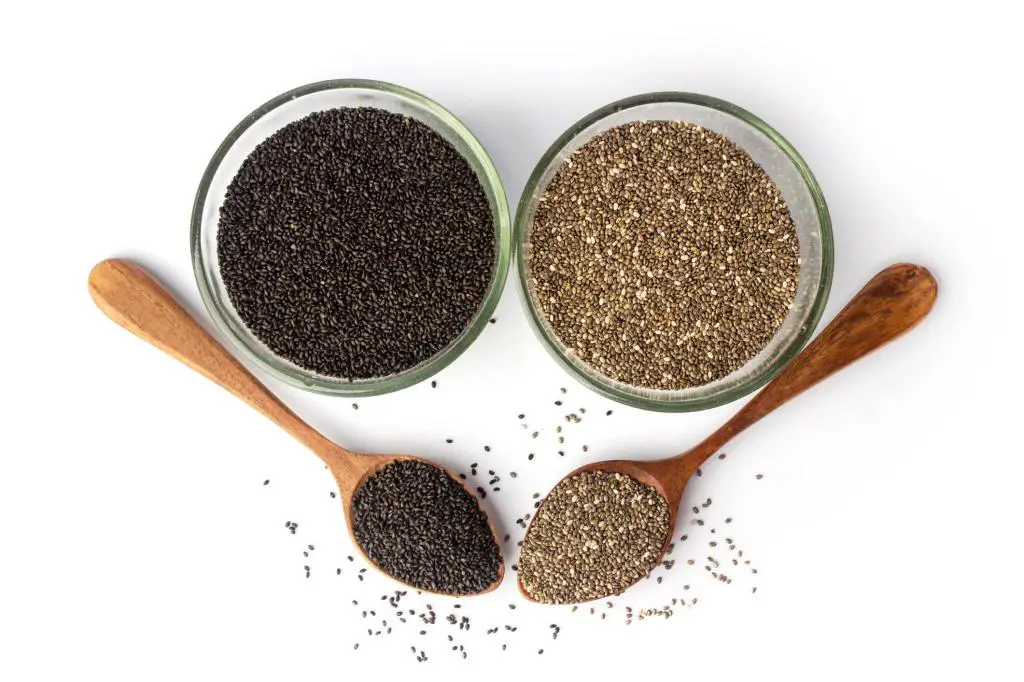
Basil seeds are often confused with Chia seeds. They are not the same, Basil seeds are bigger than chia seeds but almost have the same nutrition facts.
The biggest difference is that chia seeds contain more than two-times omega -3 fatty acids when compared to basil seeds. Both of them are best consumed when soaked, but basil seeds swell faster and are larger in size than chia seeds.
Conclusion
In this brief guide, we have answered the query, “Can you eat basil seed without soaking?”. We also discussed some benefits these seeds have for your health.

